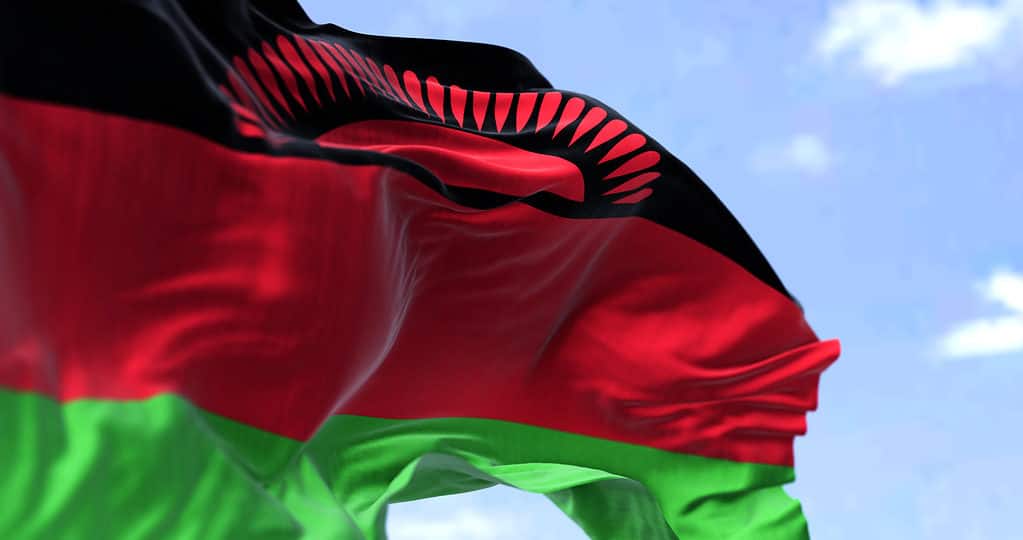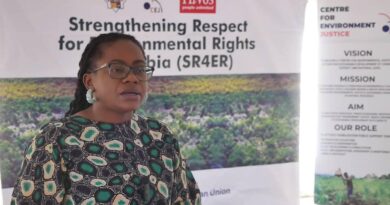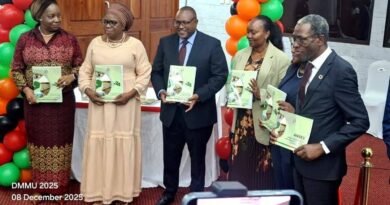Malawi’s Cry for Change: Democratic Progressive Party Calls for Action
Malawi is on the precipice of collapse, grappling with a state of decline under the leadership of President Reverend Dr. Lazarus Chakwera. The Democratic Progressive Party (DPP) has sounded the alarm, urging Malawians to stand up and demand a better government. In a scathing assessment of the current administration, the DPP declares “Enough is enough” and calls for Chakwera’s departure to rescue the nation from a dire economic and social situation.
Malawi, once hailed for its potential, now stands on the brink of collapse due to what the DPP terms “deliberate acts of plunder and sheer neglect” under the MCP and its Tonse Alliance partners. Since taking power over three years ago, Chakwera’s administration has overseen a period of economic turmoil, marked by skyrocketing inflation, currency depreciation, and a growing public debt. The cost of living has surged, leaving even low-wage earners struggling to make ends meet.
The DPP’s concerns are underscored by a humanitarian crisis, with millions of Malawians facing acute food insecurity and skyrocketing maize prices. The closure of vital institutions like ADMARC has exacerbated the situation, leaving vulnerable citizens without access to affordable food. The Tonse Alliance’s mismanagement of the Affordable Input Programme and rising fertilizer costs have contributed to this crisis, resulting in a man-made hunger catastrophe.
The economic downturn has hit Malawi’s youth and women particularly hard. Unemployment rates among youths have soared, leaving them with limited opportunities. Young girls are dropping out of school and facing early marriages, while women struggle to sustain businesses amid rising costs and economic challenges.
The DPP’s assessment highlights a plethora of issues, including worsening security, corruption scandals, mismanagement of public funds, and the erosion of the SME sector. The administration’s alleged attempts to rig elections, coupled with unending foreign and local travels by Chakwera, have fueled frustration among citizens.
In a resolute tone, the DPP implores Malawians to reject Chakwera’s leadership and his administration’s attempts to shift blame. The party calls for a united front to demand better governance and an end to the economic hardships endured under the Tonse Alliance. While acknowledging the challenges, the DPP promises hope on the horizon, asserting that they stand for development, justice, and security.
As Malawi stands at a crossroads, the call for change is ringing loud, and citizens are left to decide their path forward in a nation grappling with mounting crises.



